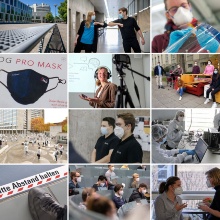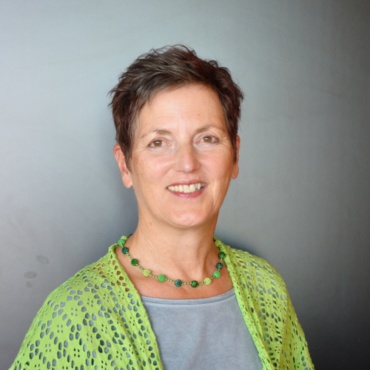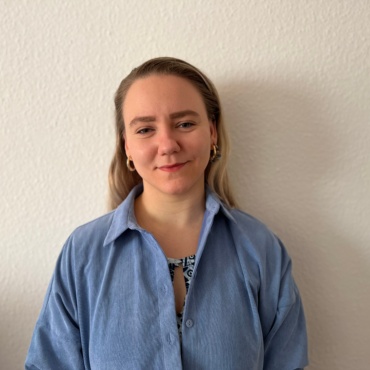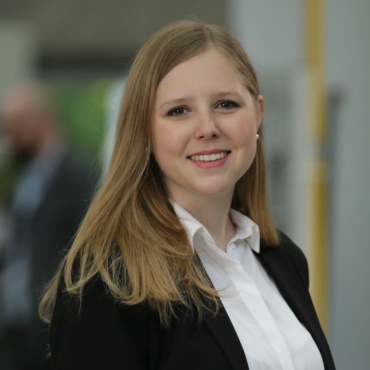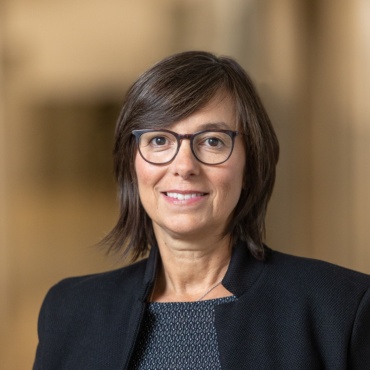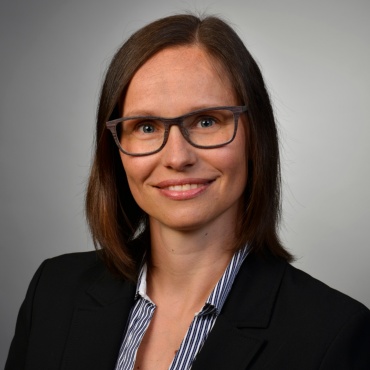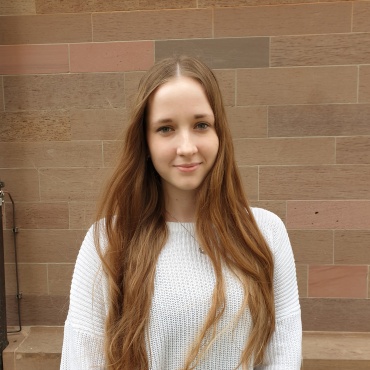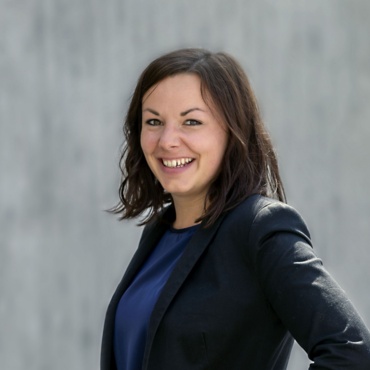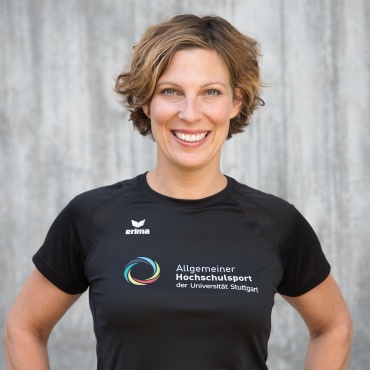I am Head of the Central Administrative Services department at the Technical Information and Communication Services (TIK) and I am responsible for IT‑workplace support and the operation of central specialist applications. My department provides full IT workplace support for approximately 1,300 Windows and Mac devices for Central Administration, the Rector's Office, the Faculty of Architecture and Urban Planning, and other central facilities. We are responsible for the student PC pools and, together with the other university departments and the ITAP team, we also operate specialized applications such as C@MPUS, SAP, the human resources and research information system, and much more besides.
Thematically, not much has changed while pandemic; but the workload for my team and I has increased significantly, particularly in terms of IT workplace support. In Central Administration, the number of laptops was relatively low before the pandemic. We had to procure, configure, and distribute many laptops in a very short space of time. Since then, more than 250 additional laptops have been put into circulation. At the same time, new software has been added, such as Webex, and this must be distributed and kept up to date. Fortunately, we already had telecommuting infrastructure that allowed us to securely access specialist applications such as the human resources administration system and SAP from home. The number of people using this infrastructure since the beginning of the pandemic had quadrupled. This has not only increased the amount of support required, but also the complexity for the users, who have had to familiarize themselves with new hardware, software and access methods. Before the pandemic, many users were unfamiliar with VPN and virtual desktop environments. This resulted in lots of questions and much more support being required. I would also like to take this opportunity to thank our users for their understanding and the tireless efforts of my team and the entire TIK. I think overall we've been able to keep the areas for which we are responsible in good working order throughout the pandemic.
In terms of specialist applications, the university was already aware of the need for digitalization even before the pandemic and launched the digitalization program Step by step towards digital processes. Since this program was launched, I have been working together with Ms. Hibinger from Financial Accounting and others as project manager of the Digital Invoice Workflow project. I think the digital invoice workflow excellently illustrates just how important the digitalization of administrative processes is for location-independent and more flexible working methods. At the beginning of the pandemic, it was still necessary for employees to come to the university to check whether there were any paper invoices in the mailbox, or to sign these off. In most cases, it is now possible to complete these processes digitally from home via the invoice portal. The pandemic has noticeably accelerated efforts in the process of digitalization. Both my team and the entire TIK departments have noticed significant changes in terms of the numerous new requirements and projects that have come our way over the last two years. For example, together with Divisions 4 and 7, we successfully introduced electronic time logging for the Central Administration department in a very short time.
In terms of specialist organizations, there are many projects and plans for the future. Amongst other things, we are part of the large ERP modernization project and we are currently preparing the launch of the Digital Travel Management project. We will also be further developing the document management system procured as part of the digital invoice workflow project. This will further digitalize administrative processes, making them more transparent and more suitable for mobile working models.
In the area of IT workplace support, we initially have a lot of consolidation work ahead of us - a lot of things had to be done very quickly during the pandemic or be postponed due to the necessary prioritization of other tasks. This year, for example, we were supposed to replace more than 150 pieces of equipment - at the moment, we don't really know how we are going to manage this in addition to our other tasks. Many tasks have become more complex, or generally require more time. For example, the availability of IT equipment is still very limited. Suppliers are no longer able to reliably specify delivery dates. This means that more effort is required to find alternative solutions and for internal and external communication. Providing support or maintenance for laptops is much more complex than for desktop devices because these are used in very different environments (at uni, at home, sometimes with a network cable, sometimes with WiFi) and these are supplied with, or connected to, more input and output devices (headsets, webcams, docking station, adapters, ...). And this also makes them more susceptible to defects and they have a shorter lifecycle and must be replaced more often. This increases the amount of technical support required. Nevertheless, we know that in the future almost all employees will work with a laptop as standard. Therefore, one of our central tasks in the future will be to design the university IT workplace of tomorrow. This involves not only more flexible working models, such as mobile working, but also the challenge of equipping workplaces in such a way that shared desk concepts become possible and that telephones are no longer needed. In terms of software, this will result in a balancing act between the use of collaborative cloud services and ensuring data protection and information security. Many manufacturers, such as Microsoft and Adobe are increasingly offering their software and services only in the cloud.
As head of the department, I have noticed that leading a team that is largely working from home or that has a hybrid work model demands much more of my time. Many discussions that once would have been held when getting a coffee or over lunch must now be planned. The communication needs and preferred communication channels of individual employees are also fundamentally very different. Furthermore, it is not always immediately apparent how someone is doing on a daily basis, or what's going on at home besides work. This requires much more awareness, not only from me, but also between team members. I would say that communication has become even more important and that we must also actively set aside more time for it - sometimes we succeed in this, and sometimes we don't. In addition, a certain level of exhaustion is definitely a factor. In many places, more staff are urgently needed to ensure the operation of the new tasks and services and to tackle the upcoming challenges with the necessary motivation. I've been having a lot of conversations about this recently and I am hoping that we will receive support from the university administration.
I believe that, as a result of the pandemic, we have made a huge leap forward in many areas. Work models, teaching formats and the use of media in general have all changed over a very short period of time. This process would normally have taken several years. In my opinion, it is now important to consolidate and to further develop what works well in the long term, and to encourage open discourse and readjust those points that do not work so well or that are not widely accepted. If we as a university succeed in shaping this process successfully together, this will significantly increase the attractiveness of the university as a modern and future-oriented employer as well as a coveted location for study and research in the long term.
Personally, I have found that working from home doesn't entirely suit me. At the beginning of the pandemic, I felt that I had to be constantly available. You might be on your lunch break, but you still hear the phone ring or take a quick look at your emails while you're cooking. I don't take enough breaks or get enough exercise, not least because video conference appointments now take place one after the other without any breaks. I try to work onsite whenever possible. I also find it much easier to do sport after working in the office. Nevertheless, I can see at TIK that the new-found flexibility is very much appreciated by many people, and I am very open to it - but for me personally, working exclusively from home is not something I want to do in the long term.
[Photo: University of Stuttgart]


